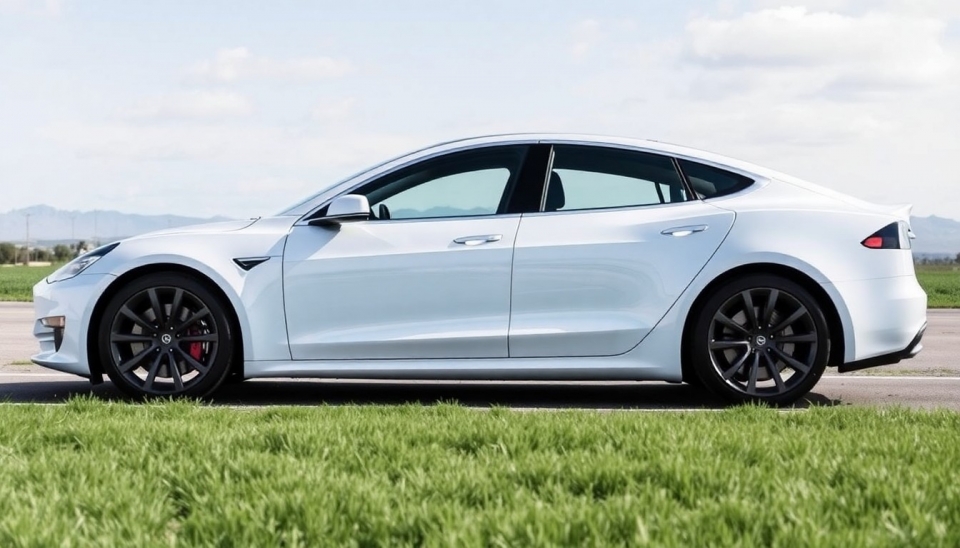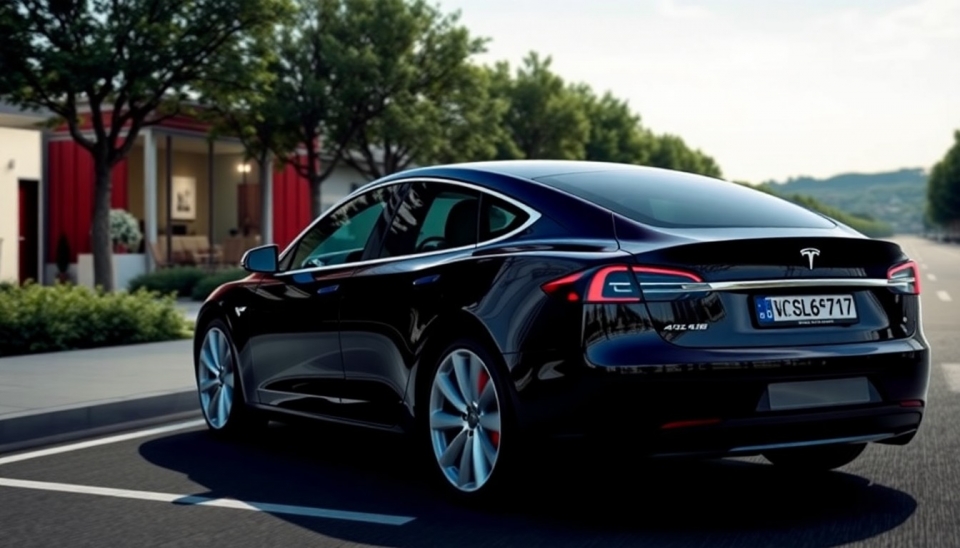
As the European market becomes more competitive, Chinese electric vehicle (EV) manufacturers find themselves facing additional hurdles, largely due to ongoing tariff disputes and regulatory changes. This shift marks a significant moment for companies that have rapidly expanded their footprint across the continent.
Several prominent Chinese EV brands, such as BYD and NIO, have encountered a downturn in sales as the European Union has ramped up its scrutiny on imports, particularly from China. These companies, which had previously enjoyed a growth spurt, are now grappling with increased tariffs that elevate the cost of their vehicles, making them less appealing to price-sensitive consumers in Europe.
Recent data highlights this decline. Sales figures indicate that Chinese automakers' share in the European EV market has shrunk, raising concerns about how the evolving regulatory environment will impact their long-term aspirations on the continent. As the EU implements stricter measures aimed at fostering local production and compliance with sustainability standards, these challenges become more pronounced.
Moreover, tensions between the EU and China have prompted the European Commission to consider more robust regulations that could potentially limit the market presence of Chinese firms. In response, the Chinese government has begun to signal its support for domestic exporters facing these difficulties, indicating the lure of European markets may still be strong, but at increased risk.
Market analysts suggest that unless these manufacturers adapt quickly to the changes, they run the risk of further slipping in market share. A growing number of European consumers are leaning towards locally produced vehicles or companies with established reputations for quality and customer service.
Particularly affected are smaller players in the Chinese EV landscape, who often lack the resources and infrastructure to compete with established European brands. As consumer awareness of brand value and reliability grows, the challenges for newcomers intensify.
Looking ahead, experts believe that a critical pivot in strategy will be essential for Chinese EV firms. This could involve increasing investment in local production facilities or forming partnerships with established European automakers to navigate the complex regulatory environment more effectively.
In conclusion, the road ahead for Chinese EV manufacturers in Europe appears increasingly fraught with obstacles. While the potential for growth remains, the current climate necessitates strategic adaptations and enhanced competitiveness to ensure survival and relevance in the rapidly evolving automotive landscape.
With an eye on future developments, both industry insiders and consumers will be watching closely to see how these dynamics unfold in the coming months.
#EVMarket #ChineseAutomakers #Europe #Tariffs #ElectricVehicles #AutomotiveIndustry #BYD #NIO
Author: John Miller




